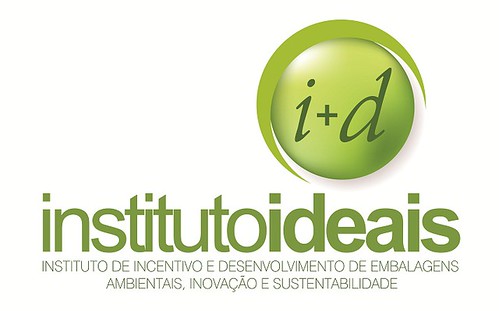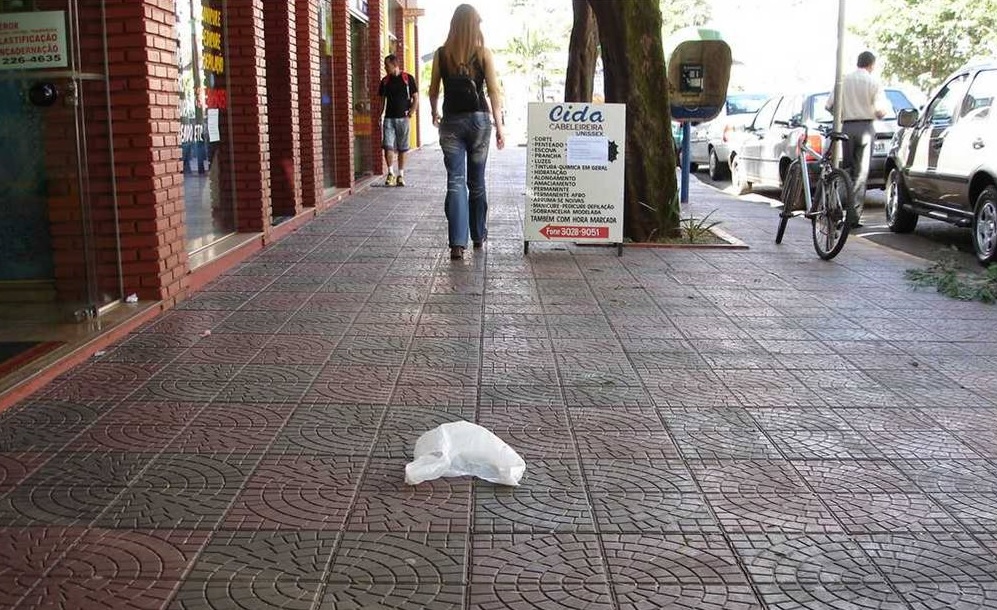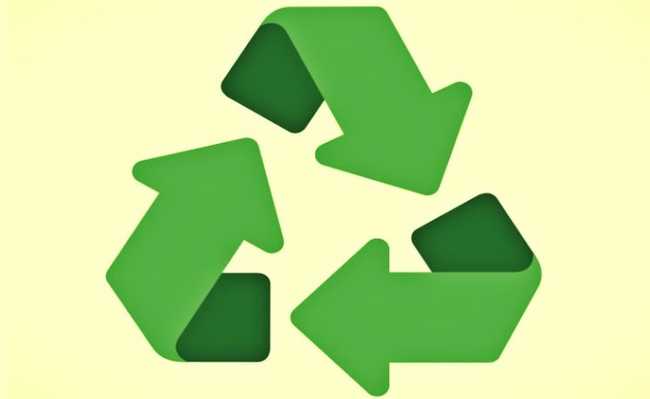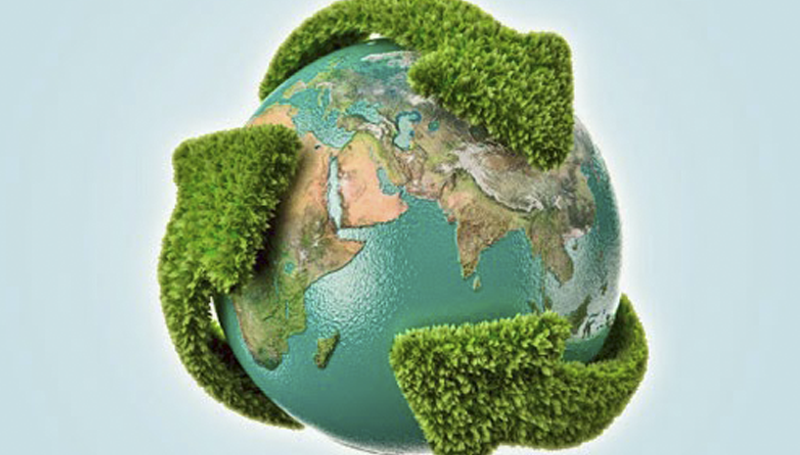Entrevista concedida pela FUNVERDE para a revista HM! sobre as malditas sacolas plásticas de uso…
Boletim do Instituto IDEAIS – É irrealista que bioplásticos poderão em breve substituir os plásticos convencionais

Bioplásticos substituindo plásticos derivados de petro-oleofinas parece longe da realidade em médio e longo prazo, de acordo com Janez Potocnik, membro do comitê de meio ambiente da União Europeia.
Durante discurso na cúpula na Alemanha, Janez Potocnik disse que os bioplásticos tiveram suas desejáveis aplicações, mas ao mesmo tempo tiveram um significante número de problemas relacionados à elas.
Entre os problemas relatados por Potocnik estão: Baixa produção, potencial contaminação dos sistemas de reciclagem causados pelos plásticos compostáveis caso não sejam devidamente separados do ciclo normal da reciclagem, necessidade de logística reversa específica para separação e coleta.
Também relatou: Plásticos biodegradáveis (os compostáveis) requerem técnicas e condições específicas de compostagem para serem decompostos, o que significa que não fornecem solução para o resíduo plástico que contamina o solo e os oceanos.
Finalizando, concluiu que os plásticos compostáveis derivados de amido, milho, arroz, cana de açúcar ou batatas competem com a produção de alimentos e trazem consequências para a biodiversidade.
Tradução livre do discurso do membro do comitê europeu para o meio ambiente.
***
‘Unrealistic’ that bioplastics could replace conventional plastics soon
Bioplastics replacing petro-olefin based plastics seems ‘fairly unrealistic’ in the ‘mid and long term’, according to the European Commissioner for Environment.
Janez Potočnik, speaking at a summit in Germany, said bioplastics had their ideal applications but there were a number of significant problems linked to them.
He said at first glance bioplastic may seem like a quick fix because the market was rapidly expanding from what was still a ‘very low’ production base, but it seemed unrealistic that they ‘could or should’ replace conventional plastics.
“First, compostable bioplastics could contaminate the recycling cycle of conventional plastic, if not kept as a strictly separate waste stream, and this may require specific logistics such as specific separation or separate collection techniques.
“Second, biodegradable plastic requires specific technical composting conditions to decompose, which means that they do not yet provide a solution to either land or marine littering.
“Last but not least, bioplastics made of starch extracted from maize, rice, sugar cane or potatoes are in competition with food production and has consequences for biodiversity.”
Launch of green paper
Potočnik announced he would be launching a green paper on plastic waste in the environment to make full use of the benefits of plastics and minimizing potential negative impacts.
EuPR, a trade body for plastics recyclers in Europe, said it was looking forward to the launch of the green paper in order to start a new journey for Europe towards increased sustainability for plastics.
“Given the fact that our resources are limited, we cannot afford to continue the irresponsible practice of sending half of our plastics waste to landfills,” said Ton Emans, President, the European Plastics Recyclers (EuPR).
“Energy from waste should also be limited to non-recyclables to further push circular material flows.”
Plastic innovation
Potočnik said the volume of virgin material needed to be reduced by industry, adding it needs to “de-materialise not de-industrialise.”
“We need to develop smarter products that do the same with fewer resources, or at least fewer virgin resources.
“To get there we will not only need technological development and innovation; we will also need new business models that increase value added, decrease impact across the whole life cycle of products, and develop producer involvement throughout that life-cycle.”
Using plastic bottles can give significant transport energy savings compared to glass bottles, added Potočnik.
Emans added: “Given the difficult economic situation, Europe must take the opportunity to save resources and create jobs at the same time. European plastics recyclers are ready to take on these challenges and contribute to a more sustainable plastics production industry in Europe.”
Fonte – Joe Whitworth, Food Production Daily de 16 de outubro de 2012
***
Para maiores informações, entre em contato com o IDEAIS.
Instituto Ideais
http://www.i-ideais.org.br/
info@i-ideais.org.br
+ 55 (19) 3327 3524
Fonte – Instituto IDEAIS, boletim de 07 de novembro de 2012




Este Post tem 0 Comentários